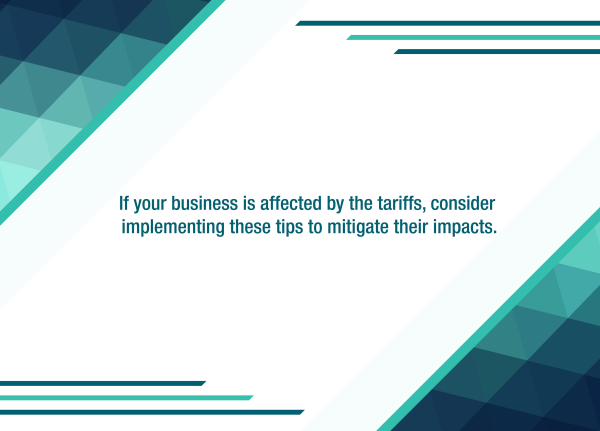Forensic accountants are professionals who have received specialized training to uncover fraud and protect against fraud threats. They’re uniquely qualified to review financial statements and business records and to interview employees to find evidence of misrepresentations and theft. In many cases, they’re able to help recover missing funds. So if you suspect fraud and possibly want to take a perpetrator to court, a forensic accountant can be critical.
Essential expertise
Forensic accountants specialize in conducting fraud audits and investigations to detect irregularities and troubling trends, looking for both telltale and subtle signs of occupational crime. Certified fraud examiners (CFEs) are specially trained in fraud discovery, recognition, documentation and prevention.
Forensic accountants are also generally knowledgeable about human behavioral factors and motivations that contribute to the commission of fraud, such as the ability to rationalize fraudulent conduct. Some have expertise in technology-assisted fraud and help companies recover digital files and detect cybercrime schemes.
When you or your attorney engages a forensic accountant, you can expect the expert to work closely with you to tailor an investigation to the situation at hand. Depending on the type of fraud suspected, the investigation may be performed on a comprehensive, companywide scale or on a random, spot-check basis.
On the hunt
Forensic accountants work to determine the scope of a fraud scheme, including its duration and participants. Investigations typically require extensive document review. In a case involving asset misappropriation, for example, experts might search for forged records.
They also look for evidence of compliance — or noncompliance — with Generally Accepted Accounting Principles (GAAP). Of course, GAAP compliance doesn’t guarantee legitimate accounting, so an investigation might also focus on specific areas that wouldn’t necessarily be caught in an audit, such as the use of assets at the operational level. Are they being used as intended or for the benefit of an employee? Are all of the assets accounted for?
High-level schemes
Special investigations also can be effective in uncovering high-level financial fraud. A board usually receives its financial and operational information from a company’s executives. Investigations enable board members to get deeper, more detailed information without going through management. Forensic accountants can interview individuals “in the trenches” and review raw data, and then communicate their findings directly to the board.
Fraud investigations might be used to monitor the activities of top executives — even if only for policy lapses. Management members often are given greater latitude and may be tempted to bend the rules. When this occurs, it can influence a company’s ethical environment and encourage other employees to disregard internal controls.
Act early
It’s important to investigate fraud suspicions as early as possible to help preserve evidence, mitigate potential losses and even reduce legal costs. Contact us.
____________________________________
We highly recommend you confer with your Miller Kaplan advisor to understand your specific situation and how this may impact you.



